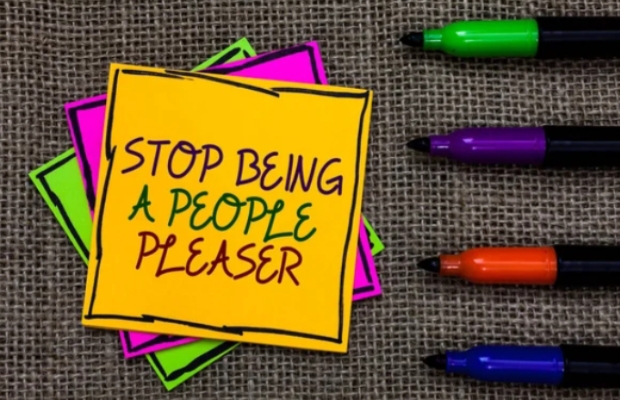
In a world where trust and honesty form the backbone of our relationships, spotting deceitful people is a skill that can protect us from unnecessary harm. Whether it’s in a personal relationship, at work, or in a social setting, recognizing deceitful behavior early can save you from getting manipulated, exploited, or lied to. But how can we distinguish the deceptive from the genuine? Here are some key signs to help you recognize deceitful people.
1. Inconsistent Stories
One of the most obvious signs of deceit is when someone’s story doesn’t add up. Deceitful individuals often tell inconsistent or conflicting versions of events. They might change details or contradict themselves when recounting past events. Therefore, pay attention to the finer details, and if you notice discrepancies, it could be a red flag.
2. Excessive Defensiveness
When confronted with questions or doubts, a deceitful person may become excessively defensive. Instead of answering honestly or calmly, they may deflect the question, get angry, or over-explain. This defensiveness is often a way to shut down any scrutiny and avoid revealing the truth.
3. Body Language That Doesn’t Match Words
Non-verbal cues often speak louder than words. Deceitful people may have body language that betrays their words. For instance, they might avoid eye contact, have inconsistent facial expressions (smiling when discussing something serious, for example), or use defensive gestures like crossing their arms. A significant mismatch between what someone is saying and how their body is reacting could indicate they are being dishonest.
4. Overuse of Vague Language
Deceitful individuals often use vague or ambiguous language when questioned about specific details. They tend to avoid direct answers and may use qualifiers like “maybe,” “probably,” or “I think” in an attempt to obscure the truth. They might also generalize their statements or give long-winded explanations without providing concrete answers.
5. Over-Apologizing or Over-Compensating
Some deceitful people try to make up for their dishonesty by overcompensating in an effort to appear extra kind or remorseful. This over-apology or over-flattering behavior can be a manipulative tactic meant to distract you from their true intentions.
6. Lack of Accountability
Deceitful people often refuse to take responsibility for their actions. They might blame others, make excuses, or downplay their involvement in a situation. This tendency to avoid accountability is a common tactic of those who are hiding the truth.
7. Guilt-Inducing Behavior
Manipulative or deceitful people often attempt to make you feel guilty for questioning them. They might say things like, “If you really trusted me, you wouldn’t ask,” or, “I can’t believe you think I’d lie to you.” This strategy can be effective because it puts you on the defensive, preventing you from pursuing the truth further.
8. Unreliable or Evasive Behavior
Someone who is constantly unreliable and evasive is likely hiding something. They might show up late repeatedly, make last-minute cancellations, or give reasons that are hard to verify. This behavior can be a way of avoiding deeper conversations and scrutiny.
9. Overreaction to Minor Issues
Deceitful people may react strongly to small issues or trivial questions because they feel threatened. They might get visibly upset or show disproportionate anger when their lies are questioned. This overreaction is often a tactic to distract from the real issue.
10. Lack of Empathy or Emotional Disconnect
Deceitful individuals often seem emotionally distant or disconnected from the people around them. They may not show genuine concern when someone else is upset or going through a difficult time. This lack of empathy can be a sign that they’re more focused on their own agenda rather than the well-being of others.
11. Patterns of Lying Over Time
If you notice a pattern of lying, even about trivial matters, it is an indication that someone might be deceitful. Small lies can add up to big deception, and people who are prone to dishonesty often lie without a second thought. Recognizing this pattern early on can help you avoid trusting them with more important matters.
Trust Your Instincts
Ultimately, when it comes to spotting deceitful people, your instincts can often be your best guide. If something feels off or too good to be true, it’s worth investigating further. While it’s important not to jump to conclusions or falsely accuse others, being aware of the signs of deceit allows you to protect yourself from being manipulated or taken advantage of.
By paying attention to behavioral inconsistencies, questioning vague language, and noticing patterns of dishonesty, you can begin to recognize deceitful individuals early. Trust your gut, and remember that actions often speak louder than words.








